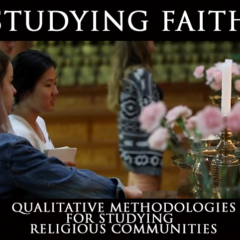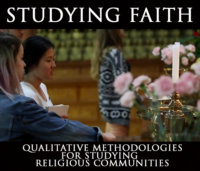First Things First
- Assure people of confidentiality and anonymity.
- Ask permission for recording interviews and/or taking down notes. You can discuss with the interviewee the benefits of recording versus taking down notes as maintaining the exact wording that he/she used, and also as offering a contextual basis for what they are saying. Recording also allows you to engage more closely with your interviewee, rather than be preoccupied with taking close notes of what they are saying.
- Ask the name and age of your interviewee and their role within the group.
Ask Open-ended Questions
Avoid question that elicit yes/no answers, and instead frame a question that will elicit a longer descriptive answer. Such questions will begin with phrases like:
- What is it like…?
- How do you…?
- In what ways…?
- Why does this…?
Gain Clarification
The most challenging and productive part of interviews is having interviewees divulge more information about a particular topic without putting words in their mouth. Often this requires the interviewer to ask questions that probe and clarify what an informant is saying to provoke further insights or elaborations from a respondent. The following are some probing phases you can ask:
- Why do you feel or say that?
- As in….?
- Can you say a little more about that?
Sometimes, repeating a word or phrase an informant used in a questioning tone can help elicit further meaning and clarity about an issue.
You may also want to paraphrase what you think the respondent is saying to see if you have correctly understood their response. For example, you can probe by saying, “It sounds like the most important thing that draws people to your mosque is your service to your neighborhood, would you say that’s true?” This also shows that you are listening attentively, which builds trust and leads to more revealing and detailed responses.
You can also ask questions that clarify your knowledge about a topic. These will give you further examples for your analysis. And you can use the information you got from one interview to probe into more information or perspective from someone else. For instance, you can frame a question like:
- This may be obvious, but….
- I might be wrong, but it seems….
Nalika Gajaweera was a senior research analyst with the USC Center for Religion and Civic Culture through 2023.
Andrew Johnson is a contributing fellow with the USC Center for Religion and Civic Culture.

